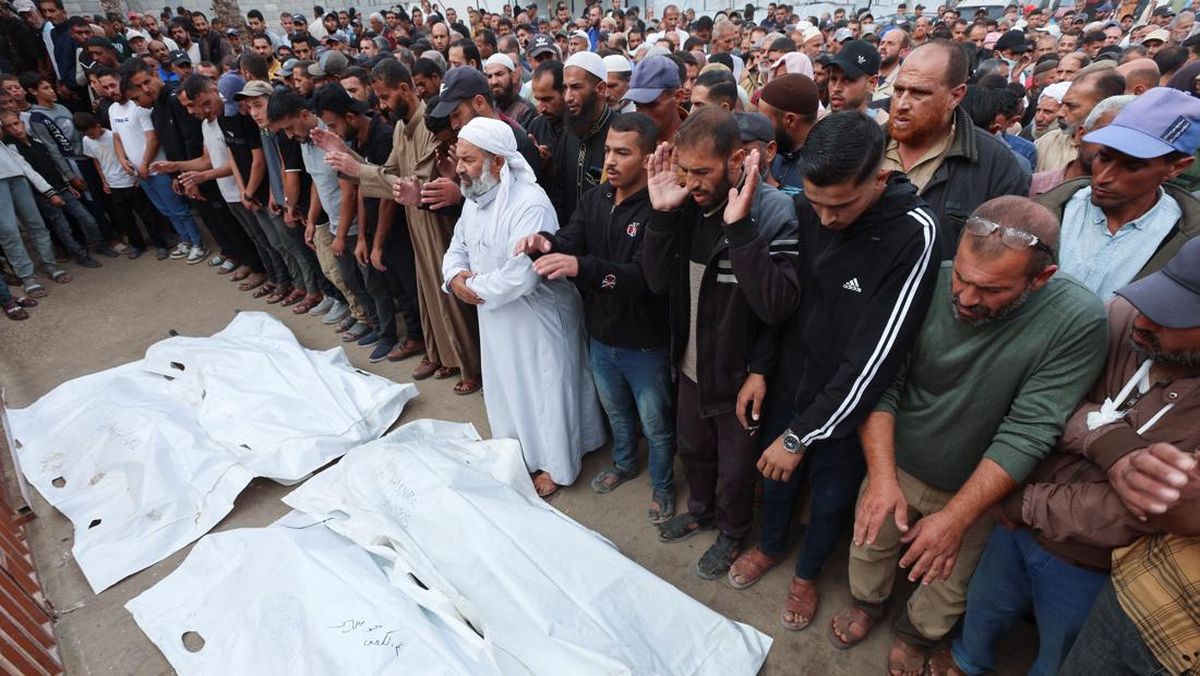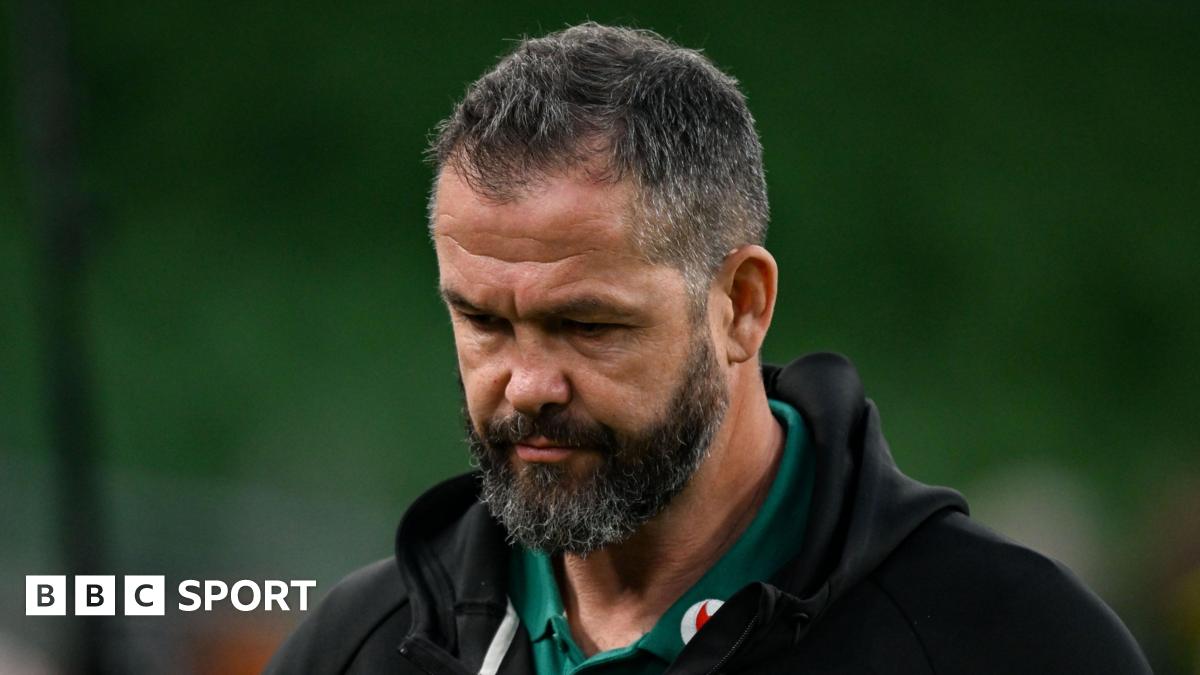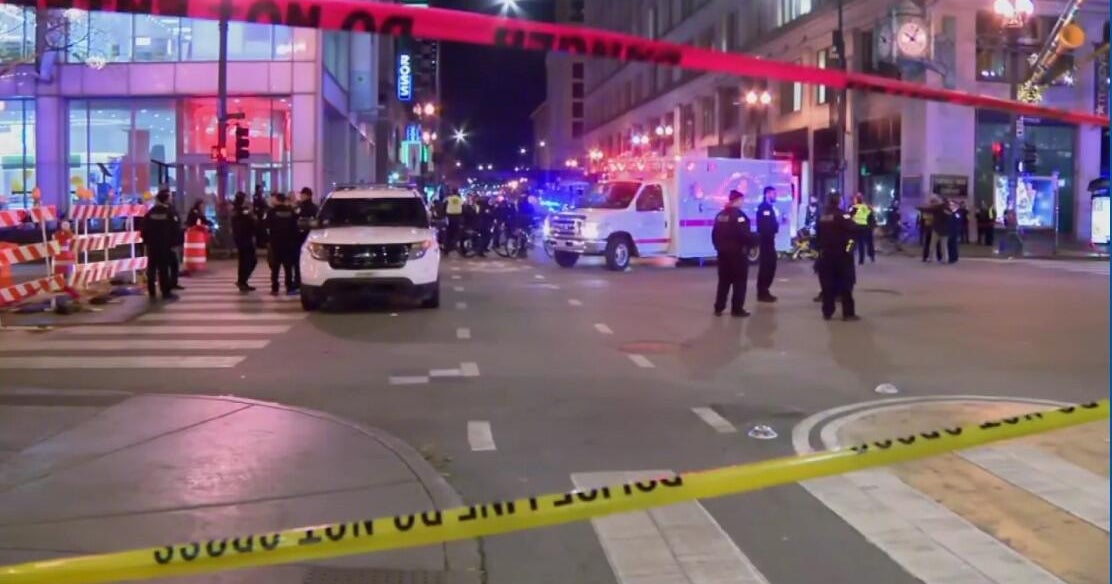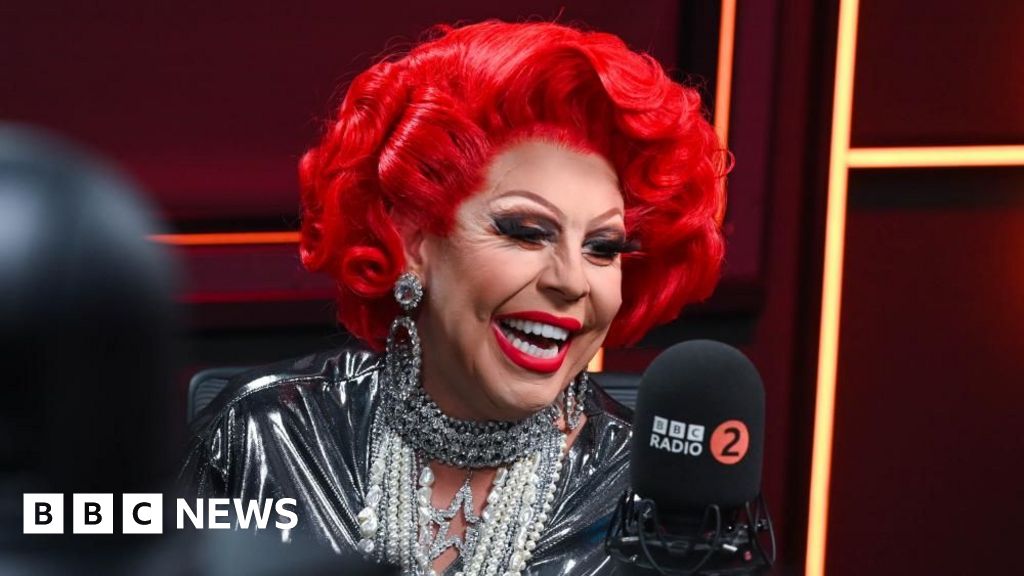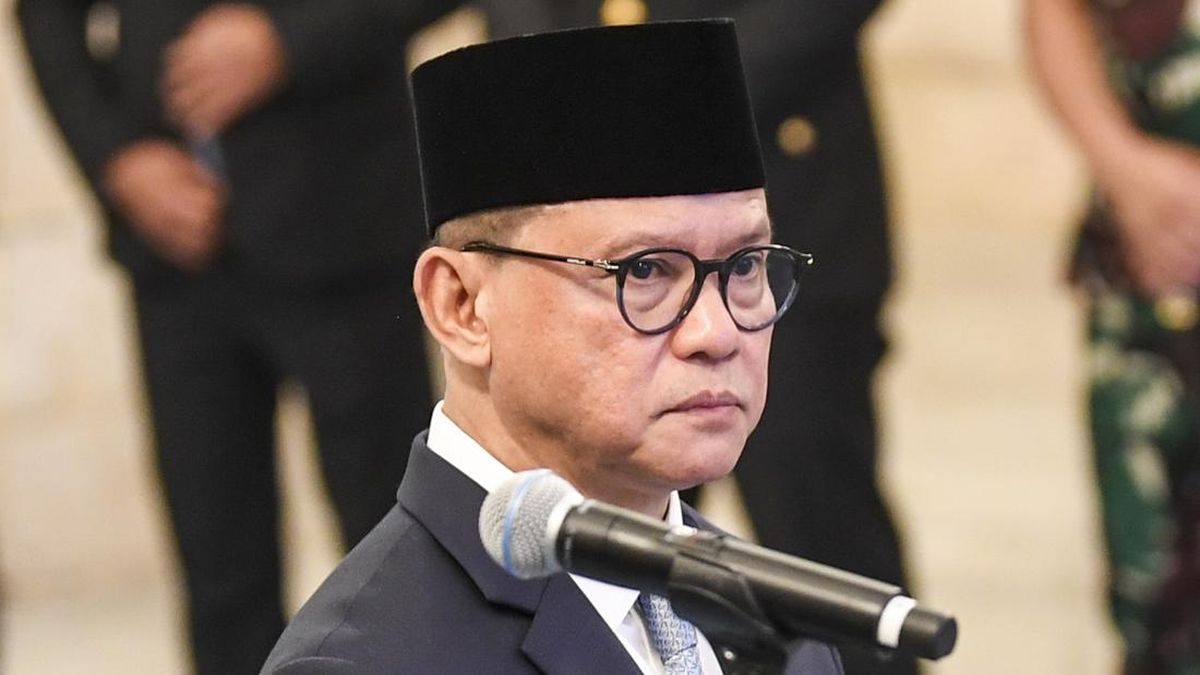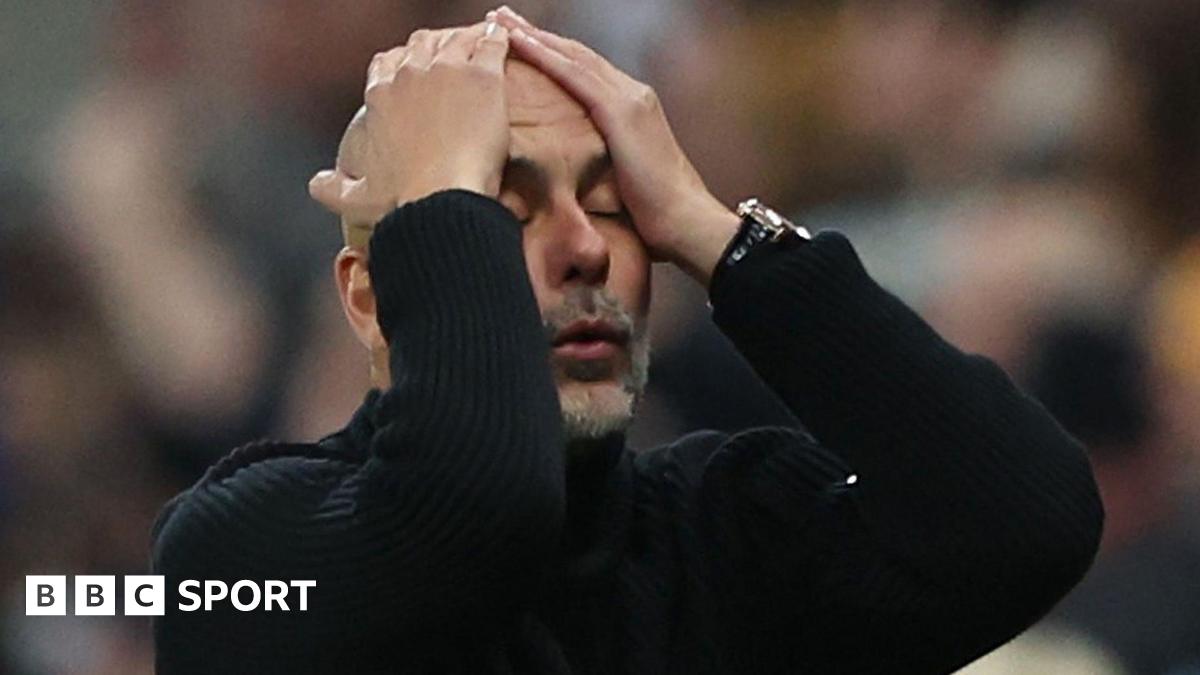A succession of close nations announced plans this week to recognise a Palestinian state, putting mounting pressure on other countries, including Australia, to follow suit.
A two-state solution in the Middle East has long been the desired outcome for much of the West. But many nations have held back from recognising Palestine before a final peace agreement with Israel. Now, that’s rapidly changing.

Pro-Palestine protesters outside Parliament House in Canberra on the first day of the new parliament.Credit: Alex Ellinghausen
But what does recognition actually look like? Would it make a practical difference? And what status does Palestine have right now?
What would Australian recognition of Palestinian statehood mean?
Loading
If Australia were to recognise Palestine, which the government has signalled it would do if conditions were met, the state would have full diplomatic representation – an embassy in Canberra and an ambassador rather than a representative of a general delegation – and be considered equal to other nations.
The move is largely symbolic because the proposed Palestinian state does not have settled borders, and Israel has forces in many parts of the West Bank and Gaza – the territories Palestinians have long aimed to establish a state in.
Statehood would be unlikely to have an immediate effect for people in Gaza or on Israel’s war with Hamas, but it could help influence conversations about the future of the Middle East.
UK Prime Minister Keir Starmer, with whom Prime Minister Anthony Albanese has been in regular contact this week, said statehood was an important part of a proper peace process and that a long-term settlement was the only way to bring the humanitarian crisis to an end.
What is Palestine’s current status?
Gaza and the West Bank form modern-day Palestine, officially referred to by the Australian government as the Occupied Palestinian Territories. It has no unified government, standing army, or settled borders.
Almost 150 of the 193 UN member states recognise Palestine as a state, including many developing countries.
Militant group Hamas – designated a terrorist organisation by countries including Australia – has run the Gaza Strip for almost 20 years.
The Palestinian Authority (PA), through which Australia officially engages with Palestine, has limited autonomy in the West Bank. The Oslo Accords in the 1990s gave the authority direct control of about 20 per cent of the territory.
There are numerous Israeli settlements across the West Bank, which have been expanding. Israel retains control of security in much of the West Bank. According to the CIA, approximately 468,300 Israeli settlers lived in the West Bank in 2022. The agency estimated that 236,600 Israelis lived in East Jerusalem, which Israel annexed in 1980, as of 2021.
Australia and most countries officially oppose the settlements on the basis that they are illegal under international law. Israel disputes the illegality of the settlements.
The Palestinian Authority, which was formed in the 1990s as a result of the Oslo Accords, is the territory’s representative at the UN, where it is a non-member observer state and has no vote in the 193-member General Assembly.
Membership of the UN is separate from statehood.
Do Palestinians support a two-state solution?
Support for a two-state solution sat at about 30 per cent for both Palestinians and Israelis in 2022, down from about 50 per cent in 2016, according to the Palestinian Centre for Policy and Survey Research. Support has dropped even further in Israel since the October 7 attacks.
The Palestinian Liberation Organisation, a nationalist coalition then led by Yasser Arafat, recognised Israel’s right to exist in peace at the start of the US-backed peace process in 1993 that set up the Palestinian Authority. It was hoped that it would be a step towards statehood.

US president Bill Clinton with Rabin and Palestine Liberation Organisation chairman Yasser Arafat mark the signing of the first Oslo peace accord with a handshake at the White House in September 1993.Credit: AP
Hamas’ establishing charter called for the destruction of Israel, but in 2007, Hamas leader Khaled Meshaal said the group accepted the fact of an Israeli state but would not recognise it, according to the Wilson Centre.
In 2017, the group presented a new charter accepting a Palestine with borders as they were immediately before the 1967 Arab-Israeli war, signalling tacit acceptance of two states.
Loading
The Wilson Centre also records another Hamas leader, the late Ismail Haniyeh, saying after the October 7, 2023 massacres by the group that: “All the normalisation and recognition processes, all the agreements that have been signed [with Israel] can never put an end to this battle.”
What is Australia’s, and other countries’, position on Palestinian statehood?
Australia wants a two-state solution “in which Israel and a future Palestinian state coexist, in peace and security, within internationally recognised borders”, according to the Department of Foreign Affairs and Trade.
The two-state solution has long had bipartisan support, though the parties diverge on what stage of the peace process Palestinian recognition should happen.
France announced last week it would recognise Palestine at the UN General Assembly in September, becoming the first of the G7 group of nations to do so, in a push to create momentum for peace.
Since then, the UK and Canada have declared their intent to recognise Palestinian statehood, but with caveats.
Last year, Ireland, Norway and Spain recognised a Palestinian state with borders to be the same as before the 1967 Middle East war, when Israel captured the West Bank, Gaza and East Jerusalem.
What conditions have been put on potential statehood?
Loading
Australia has said that statehood needs to come at the most effective time to ensure peace, Hamas can have no role in governing Palestine, and Israel’s security must be guaranteed.
The UK will recognise a Palestinian state in September unless Israel agrees to a ceasefire in Gaza, stops building settlements in the West Bank and commits to a two-state solution. Israeli Prime Minister Benjamin Netanyahu has long rejected such terms and almost certainly won’t agree by the deadline.
Canadian Prime Minister Mark Carney said on Thursday that its decision to recognise Palestine was predicated on the PA committing to “much needed reform”, the demilitarisation of the Palestinian state, and the release of the Israeli hostages still held by Hamas.
For now, Albanese, is leaving open whether to join these leaders in September or hold out for longer.
Most Viewed in Politics
Loading

